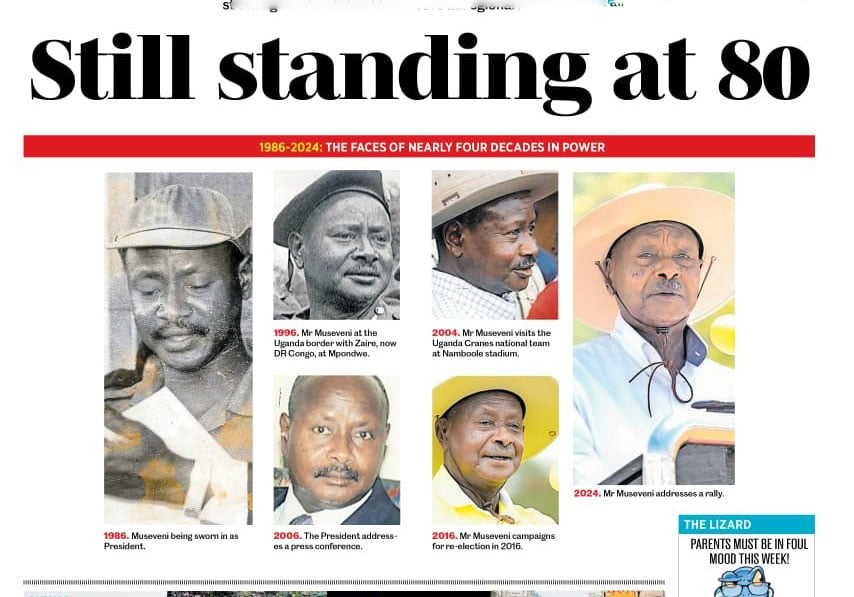Prime
Mabaati and the raging military political campaign

Julius Bwesigye
What you need to know:
- ‘The greatest danger is when the national leader declines to work with competent men and women
- Just imagine if this country had a rightful Cabinet, a strong military council, a principled parliament and an independent judiciary, what exactly would be at hand? Would a fully decorated military general be moving across the whole country holding political campaigns?
For those that understand European history, Africa and Uganda in particular is experiencing a situation that seems to reflect the events that defined European history by close of 18th Century. Austria was under a statesman and diplomat who was at the centre of what was popularly known as the European balance of power; under his reign, Austria and several other nations experienced a collapse of national institutions.
The police could not commence investigations unless Klemens Von Metternich instructed them to do so. The national assembly was occupied by greedy and corrupt men and women; the national military forces were engaged in endless foreign wars of aggression and the ordinary people were divided on the basis of race, tribe and originality. Rules that guided men and women in the Austrian army were profoundly discriminatory and were determined by Prince Metternich. To Austria and a greater proportion of Europe, everything that was in favor of Metternich was correct and there was an acute lack of fair play.
If one would chose to define Uganda in the last three decades, there would be several grounds against which this nation would be defined; peace, national security, and economic progress have distinguished this nation from what the previous leaders had achieved. However, the other unfortunate limb that would prominently define Uganda is corruption, tribalism and unequal distribution of national resources which has left a section of Ugandans in an acute need viewed in both social, political and economic perspectives.
If one selected a cluster of 50 top police commanders in any region of Uganda, there is a high probability that more than a half of these commanders are from a singular region and from a distinct tribe. The situation in the national army is certainly likely to yield even terrible results. This is the genesis of corruption; where men rise in ranks not on the basis of their inner capacity to perform but on the basis of where they come from and the language they speak.
The greatest danger is when the national leader declines to work with competent men and women for fear of competition and inwardly desire to surround themselves with weak and faint hearted men and women. When President Yoweri Museveni announced his current Cabinet, I was not surprised at all. I had expected that he would even appoint a far much deserving Cabinet than this he has today; Mr. Yoweri Museveni is a brilliant man and I have immense respect for him; he knows when to cease the moment at a right time.
Just imagine if this country had a rightful Cabinet, a strong military council, a principled parliament and an independent judiciary, what exactly would be at hand? Would a fully decorated military general be moving across the whole country holding political campaigns? Would the military courts hold their colleagues to account in the event they openly participate in political activities without regard to the military rules? Certainly both the President and the participating military officers would be morally and legally restrained from such unlawful ventures.
What then forms the genesis of corruption? A deliberate refusal to open career to merit. Where bright children of the poor cannot access national positions on merit while the less exposed and seemingly unintelligent children of the political elites hold an automatic right to inherit national positions at all costs without regard to the laws.
The current mabaati question is a shadow that’s meant to shield a great campaign by the military to take over national civilian political systems. As the media is covering an ordinary Agnes Nandutu, the military general is in Kabale on an official campaign. The constitutional petition challenging his activities cannot be scheduled since the Judiciary is under state capture; all the drama, all the rambling over mabaati supersedes a critical assault on our Constitution.




